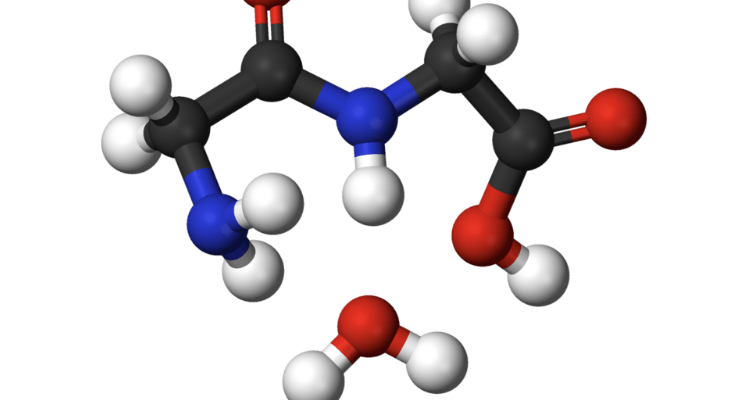How to identify high-quality peptides when you buy online?
Buying peptides online requires careful research to avoid poor quality products. The internet has many suppliers, but they do not all follow good manufacturing practices. Quality peptides come from companies that test their products properly and handle them correctly. this website explains the signs of reliable suppliers and the warning signals that indicate problems with peptide sellers.
Third party testing
Outside laboratories should test every batch of peptides. These labs check purity, look for contamination, and confirm the peptide is what the label says. Each batch gets a certificate of analysis that shows all test results. Buyers should receive these certificates without asking. Testing includes several checks:
- HPLC separates compounds and measures how pure the peptide is
- Mass spectrometry weighs molecules to confirm the correct structure
- Endotoxin tests find bacterial toxins that cause reactions
- Sterility checks prove no dangerous germs are present
- Heavy metal tests detect toxic elements like lead or mercury
Real suppliers post certificates openly or send them with orders. The documents must show the name of an actual accredited laboratory with phone numbers or email addresses. Some dishonest sellers make fake certificates or use old test results for new batches. Look up the laboratory name online to confirm it exists. Call the lab directly to verify they tested that specific batch if there is any doubt.
Product storage conditions
Peptides break down when stored incorrectly. Quality suppliers keep peptides in temperature controlled rooms or refrigerators. They use freezers for peptides that need very cold storage. Freeze-dried peptides in sealed glass vials stay stable longer than liquid versions. Shipping methods show whether a company handles products properly. Peptides that need cold temperatures require ice packs or dry ice in the package. Regular shipping at room temperature ruins many peptides before they arrive. Check what kind of packaging the supplier uses. Insulated boxes with cooling materials keep products safe during delivery. Fast shipping means less time for temperature exposure. The supplier should tell customers exactly how to store peptides after they arrive and provide clear handling instructions.
Pricing red flags
Very cheap prices usually mean something is wrong with the product. Making pure peptides costs real money for materials, testing equipment, and lab work. When prices drop far below what other sellers charge, the supplier probably cuts corners. They might skip testing, use cheap ingredients, or water down the product. Look at prices from several trusted suppliers. Good peptides cost about the same across professional companies. Small differences are normal, but huge price gaps signal trouble. High prices do not always mean better products either. Some sellers charge extra to seem fancy without offering anything better. Learn what peptides typically cost before shopping. Remember that proper testing, storage, and shipping add to the price.
Customer service standards
Good customer service shows that a company runs professionally. Real suppliers answer questions about products, testing methods, and storage needs. They give detailed information beyond short product descriptions. Try contacting the company before ordering to see how they respond. Professional suppliers write clear policies about shipping, returns, and fixing problems. They explain what happens when products arrive damaged. Companies that only use automated messages or never answer questions probably have poor operations. Good suppliers teach customers how to handle peptides safely. They might include instruction sheets, videos, or detailed guides with each order.




